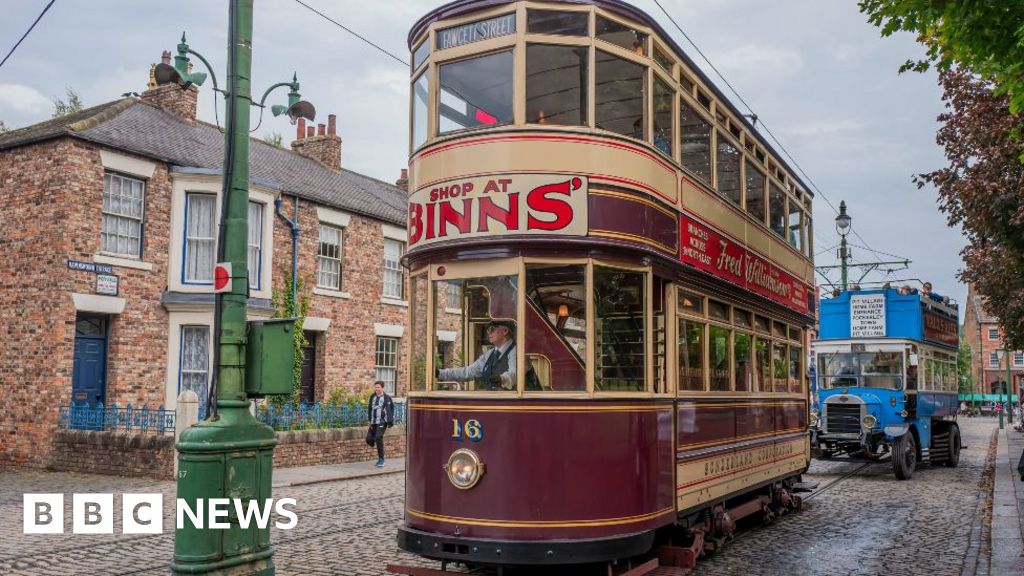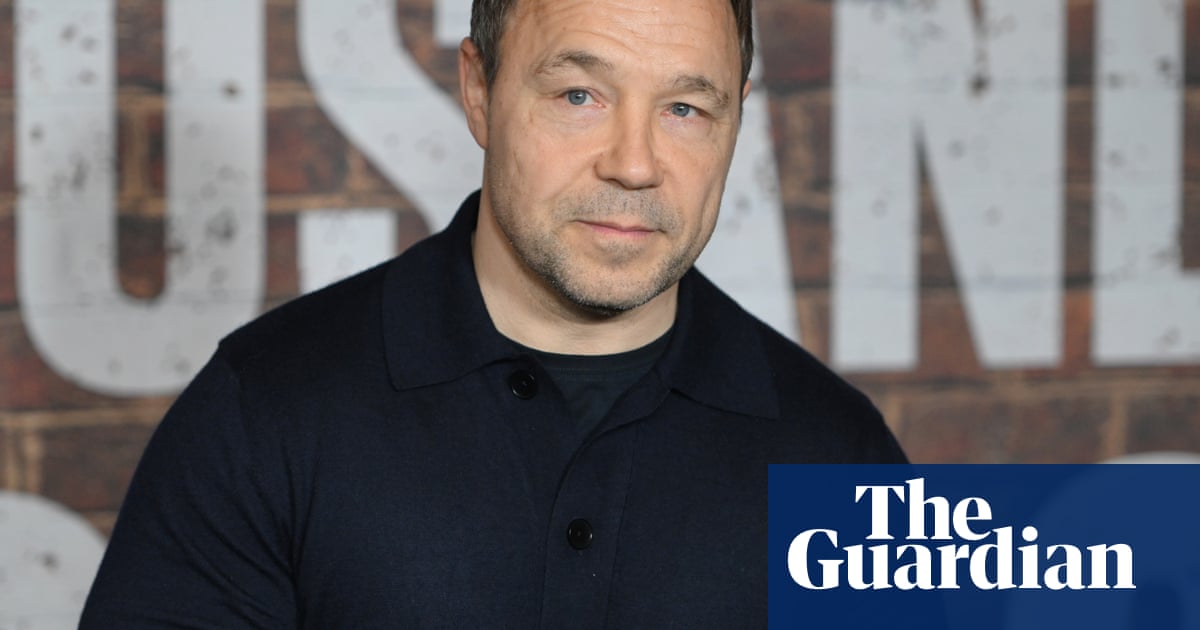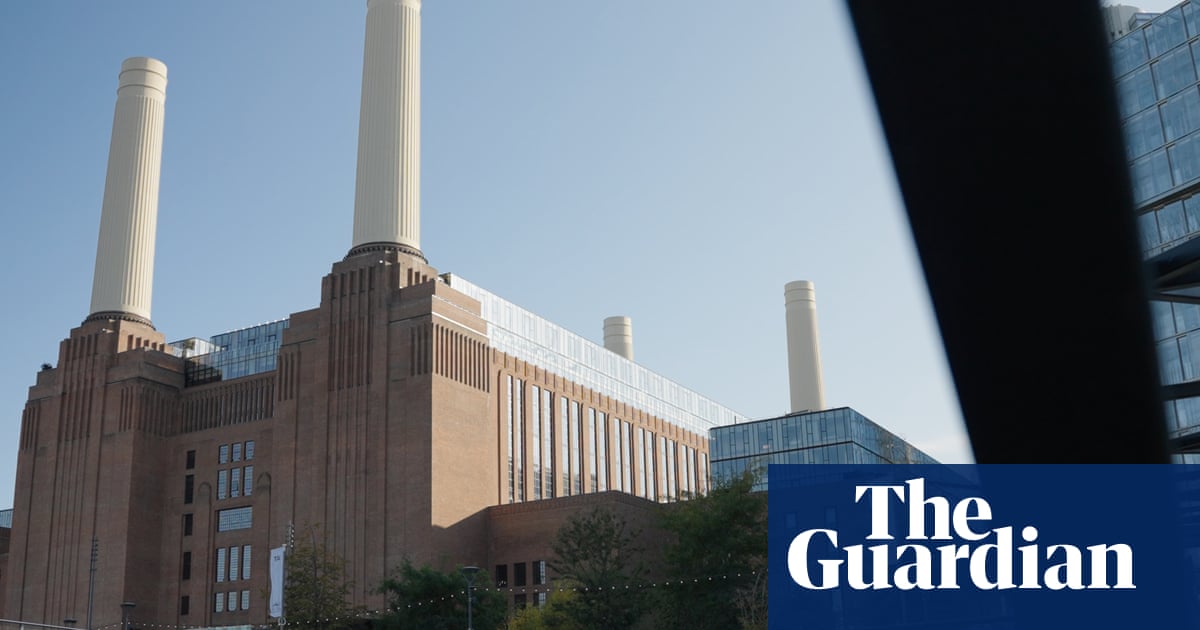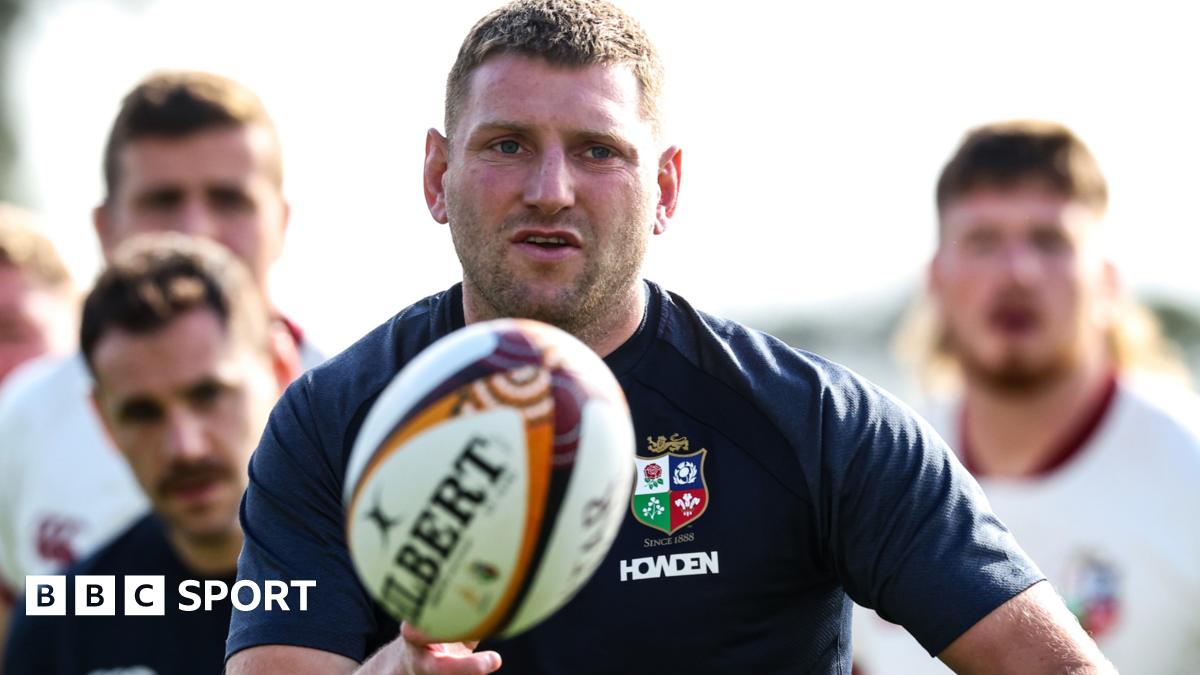Like many young people, Ash has left his small country town for the big city. As a gay man, it’s a relief to be in Melbourne, where he can be himself. Through Grindr he has met James, once a hookup and now a friend, though Ash still desires him. So he’s on edge when he meets James’s mysterious new boyfriend, Raf – an intimidatingly beautiful Brazilian man who looks like “Jesus in an old oil painting”.
Then Ash witnesses Raf committing a violent act at a house party. When tragedy strikes later at a bush doof, it seems this is Raf’s doing, too. Ash tasks himself with investigating all the clues to uncover the truth – a pursuit that becomes his undoing.
Thomas Vowles’ debut is a propulsive and gripping psychological thriller that unfurls at first painfully slowly, then begins to quickly unravel, taking readers into truly deranged places. This book left me feeling physically unwell at times but I couldn’t help but peer between my fingers to read on. The author’s background as a screenwriter is evident in the delicious, addictive way his story unfolds, and its taut narrative tension.
Ash is a pitiable character from the outset. When the novel opens, he is anxiously hovering outside a house party. Though he has learned “certain aspects” of how to fit in with the cool, cosmopolitan crowd, such as wearing a silver chain over a plain white T-shirt, he still worries that he will be spotted as an impostor. In the friendly and charismatic James Ash finds someone with whom he can be intimate, even if only emotionally.
Through this nebulous friendship, Vowles demonstrates a deep understanding of the knottiness of Melbourne’s queer scene and how platonic, romantic and sexual relationships can blur. Much of Our New Gods takes place in steamy saunas, claustrophobic and highly charged spaces where anonymous sex offers an escape, and becomes another clue in Ash’s growing arsenal of evidence against Raf. The sauna is a site for communication and miscommunication; sex is both a pleasurable act and a tool.
Ash’s narration becomes more unreliable as the story progresses and he sinks deeper into this thorny situation. In one scene, his reality blurs with James’s dreams; in others, his speech becomes erratic and difficult to parse. Vowles develops the character carefully over time, revealing snatches of Ash’s life and backstory, in particular his complicated family relationship – in the sauna, at a point of panic, Ash sees “leering lecherous faces, all of them suddenly my father”. James, too, shares his traumatic father-son memories, in what first seems like bonding between friends or lovers but takes on a more nefarious air as the two men become dangerously intertwined.
Though Raf is ostensibly the villain in the story, Vowles cleverly and subtly twists the narrative to cast doubt on all of his characters. James shows a terrifying duplicity that is difficult to pin down; he knows Ash will do anything for him and seems willing to take advantage of that. Ash’s slow descent into madness manifests as a series of delusions – or illusions – which are indistinguishable from reality. Our pity for the character remains steadfast, even when his actions become more unforgivable – he is increasingly desperate and frantic to hold on to what he believes might be the love he’s been waiting for, at any cost.
It all makes for a spectacular car crash of a novel that is as compelling as it is challenging, as sickening as it is seductive. Vowles has announced himself with a bang (or many bangs, in every sense of the word) as an audacious new voice in Australian literature – a rare writer who dares to wade deep into the muck to explore the grimy underbelly of modern desire. In his transgression of social and moral niceties, Vowles reveals the ugliness of human nature, with a few flashes of tormented beauty, too.
-
Our New Gods by Thomas Vowles is out now (UQP, $34.99)

 6 hours ago
2
6 hours ago
2










 English (US)
English (US)